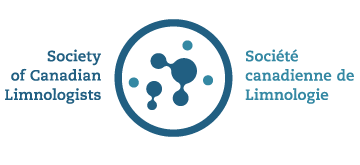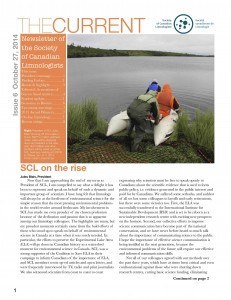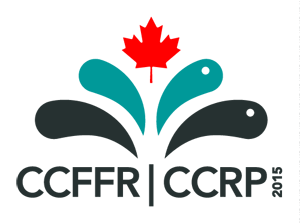Throughout Canada, if an academic institution is interested in scientific research diving, the Canadian Association for Underwater Science (CAUS) defines the training standards that need to be followed to carry out the work involved. However, in Ontario, the Ontario Ministry of Labour requires by law (Occupational Health and Safety Act, Ontario Regulation 629/94 Diving Operations) that scientific divers be trained to the Canadian Standards Association (CSA) Z275.4 Diving Competency. These CSA standards are designed for traditional commercial diving (e.g., underwater construction, dam or pipe inspection, welding, explosives, vessel recovery). This commercial dive training is a full, one-year program ($13 500 minimally), and constitutes a level of training that is well outside the time and financial constraints of Masters or Ph.D research programs. As a consequence, academic-based research diving in Ontario has either been driven underground or has stopped completely.
To overcome these above constraints, faculty from Carleton University, Guelph University and Queen’s University collaborated to design and run a 2 1⁄2 week practical Restricted Occupational Diving course recently approved by the Ontario Ministry of Labour (July 2013) and accredited by the Diving Certification Board of Canada (January 2014). This new course trains the academic research community (i.e., fourth-year undergraduate students, Master or Ph.D. students, and Lab Technicians and Faculty) to conduct scientific dives in compliance with Ontario regulations. Upon successful completion of the course, including all formative and summative activities, students will be able to design, develop, and illustrate a comprehensive research dive program in accordance to their stated research objectives, and the Occupational Health and Safety Act Ontario Regulation 629/94 Diving Operations.
Specific learning outcomes include:
● Describe safe diving practices as a (a) diver, (b) safety diver, and (c) dive tender in accordance to the Occupational Health and Safety Act Ontario Regulation 629/94 Diving Operations.
● Explain diving physics, physiology, equipment, diving hazards, communication and rigging as these relate to the Canadian Standards Association (CSA) Z275.5.
● Design safe non-decompression multi-day research dive-plans using Canadian DCIEM dive tables.
● Compare the advantages and disadvantages of various sampling methodologies used by research divers (e.g., transects, quadrats, benthic sampling, habitat profiling, sediment coring, behavioural observations, photo stratification, video transects) to address different research goals.
● Choose appropriate statistical models to analyze complex data sets typically obtained from scientific research diving activities.
Course Details:
- Schedule: July 10th - July 26th, 2015. The daily routine comprises morning and afternoon dives (min. 25 required) with evening classes.
- Location: Queens University Biological Research Station (QUBS) 280 Queen's University Rd., RR #1, Elgin,ON http://www.queensu.ca/qubs/index.html
- Accommodations: Registration fee includes accommodation and daily meals at QUBS, and airfills for the duration of the course.
- Registration fee: $2200/participant (estimated)
- Equipment: Participants are required to provide personal dive gear including: a cold water wetsuit or drysuit, dive knife, weight belt & weights (sufficient for drysuit diving), mask, snorkel, fins, dive flashlight, bottom timer (e.g., dive watch or dive computer), dive compass, 2 tanks, and regulator and BCD (serviced within 6 months of course beginning). A sleeping bag and pillow is also recommended. A laptop is also required.
Prerequisites
To register for this course, participants must have:
- Received medical clearance to dive through completion of an occupational diving medical.
- Achieved at minimum, an open-water sport diving certification from a recognized sport diving organization.
- Minimum of 20 dives and 10 hours bottom time logged.
- Current First Aid and CPR.
- Current Oxygen Provider certification.
For more information on the course and to register, contact Dr. Nigel Waltho, Carleton University, tel: 613-520-2600 x8764, email: nigel.waltho@carleton.ca, or Dr. Geof Hall, Queen’s University, tel 613-533-3412, email: gh26@queensu.ca.




